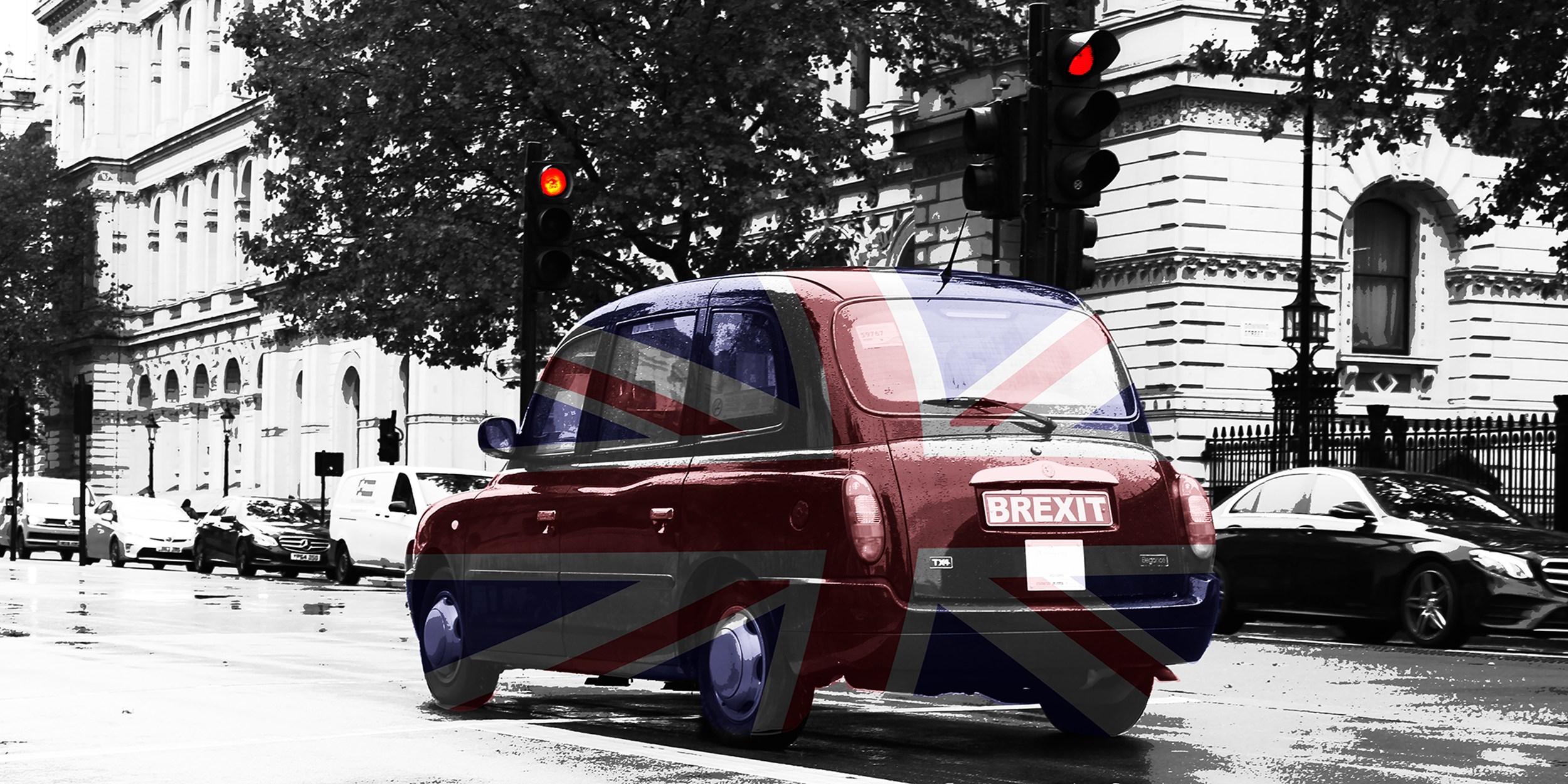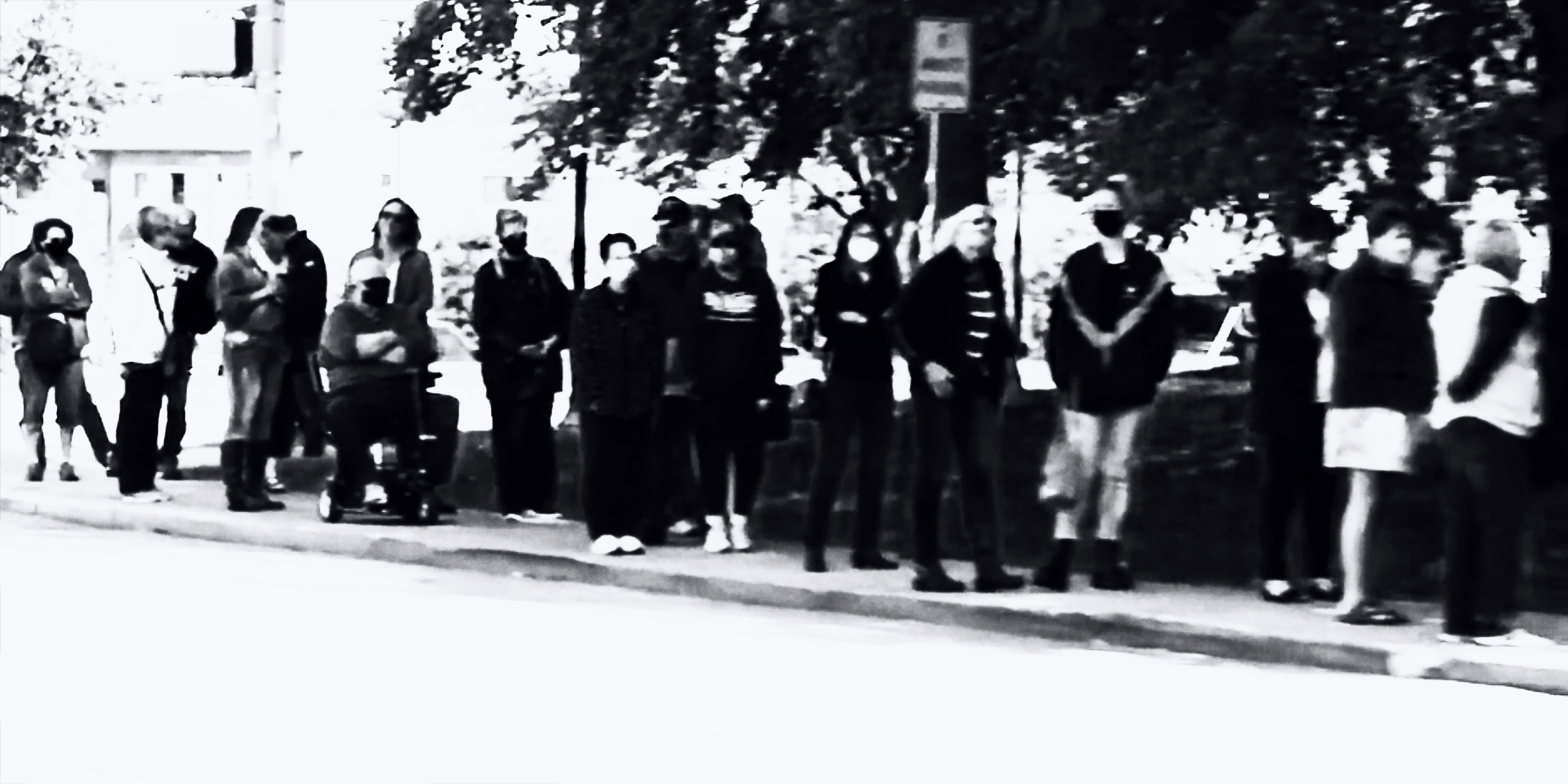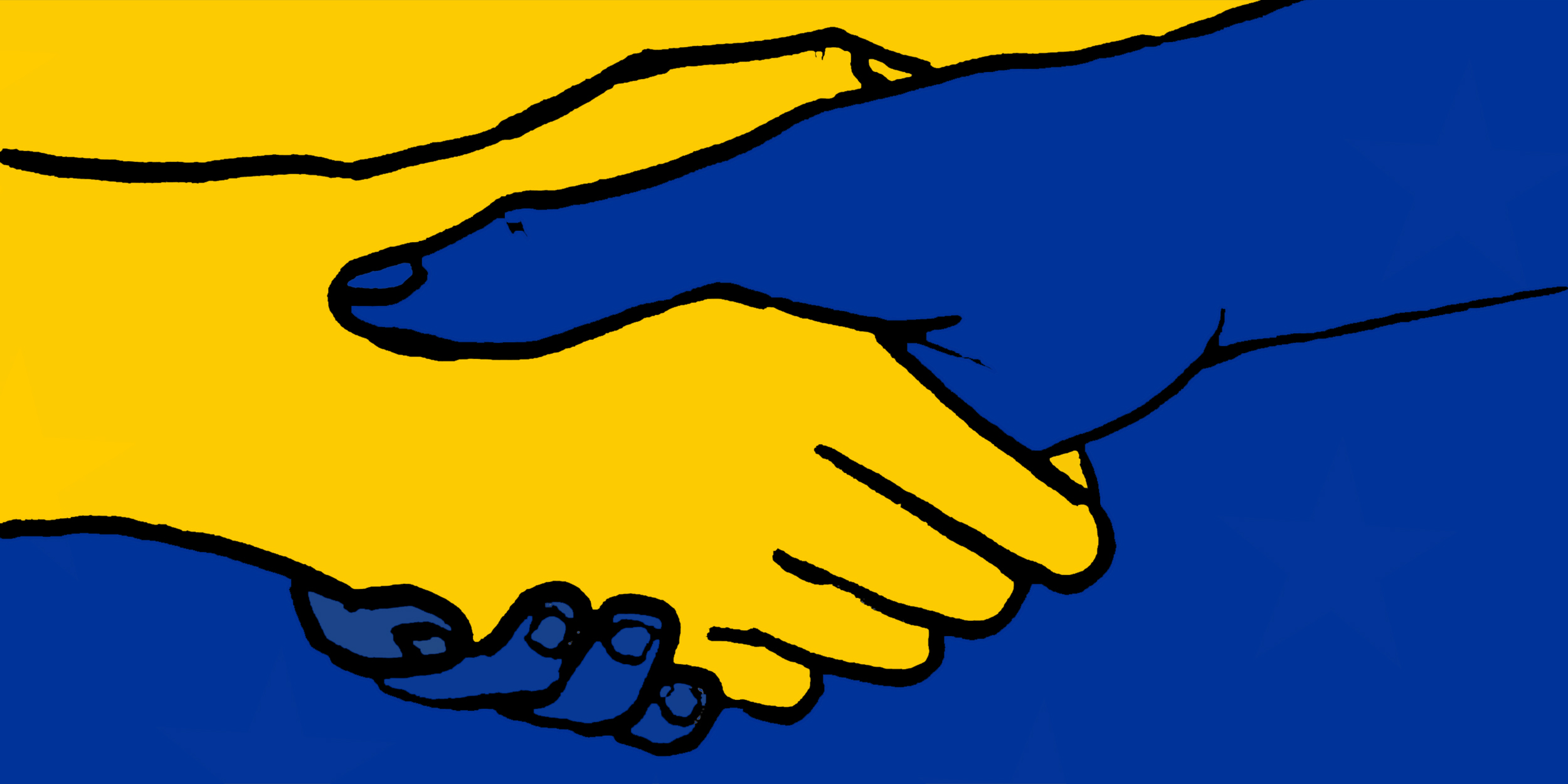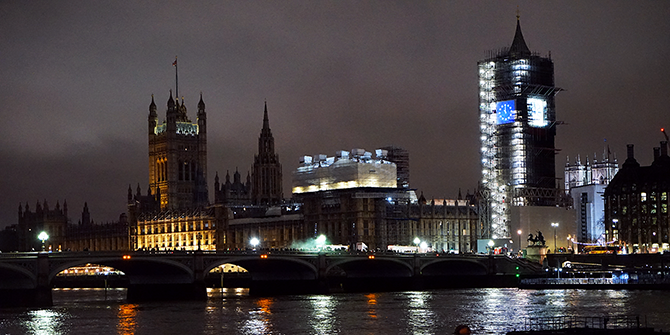With the Euros kicking off and a UK General Election looming, Nick Lewis asks, ‘why do politicians get involved in football?’
It wasn’t the most auspicious start to a general election campaign. “So, are you looking forward to all the football?” asked Rishi Sunak, of a Welsh audience, when their national team had failed to qualify for this summer’s European Championships. Why do politicians get involved in football? The simple answer is that it is, in most countries, the sport of the people. Many politicians are genuine fans, or at least try to make it look like they are. A much smaller number, like former Liberian President George Weah, have done their talking on the pitch. The more cynical answer is that there is political capital to be made, and the most astute operators understand this. Jair Bolsonaro attempted to turn the famous yellow shirt of the Brazilian Seleção from a totem of national unity into a symbol of the nationalist right. This is a well-trodden path: Mussolini was often seen at Bologna games and the all-conquering Real Madrid are often described as Franco’s ‘team of the regime’.
Whether it’s football, the Olympics, or the Eurovision Song Contest, politicians use major international events to advance their interests. If repressive regimes can navigate the risks inherent in hosting tournaments, the potential benefits are substantial, whether this is attracting investment or simply redirecting attention away from unethical conduct. Vladimir Putin understands this well: while any benefit may have rapidly unravelled following his invasion of Ukraine, Russia nevertheless made soft-power gains by hosting the 2014 Winter Olympics and 2018 World Cup.
Looking inwards, we know there is at least some link between football results and domestic political outcomes such as voting behaviour and economic performance. Certainly, politicians do try to capitalise on football to further their legislative aims. Viktor Orban, for example, spends a lot of money on football. It has certainly paid off; since he came to power Hungary have made the last three European Championships and sit in Division A of the Nations League. During the last Euros, the Hungarian government passed a law which banned the depiction or promotion of homosexuality to those under 18, under heavy suspicion that Viktor Orban used the success of the national team as cover. Internationally, this backfired, with opposing Germany fans wearing rainbow colours in protest during their game in Munich.
So, what can this European Championships tell us about politics? Like Hungary, perhaps the most intriguing stories could emerge from countries on the fringes of the European Union. In the group stages at least, it looks like we’ll avoid any games which might stoke international tensions, such as Serbia vs. Switzerland in the 2018 and 2022 World Cups. However, it’s unlikely, but not impossible, that Albania qualify for the knock-out stages and set up a potential clash with their Balkan neighbours. Similarly, Ukraine have been playing their matches in Łódź since the 2022 invasion and, due to their expulsion from FIFA and UEFA competition, will not have to face Russia. The last tournament, where Ukraine wore a kit showing Crimea within its borders, feels like a long time ago.
Georgia has qualified for its first-ever major tournament amid political turmoil, protests, and deep internal divisions. Mass protests erupted on the streets of Tbilisi after the ruling Georgian Dream party introduced a controversial ‘foreign influence’ bill, which many argue is designed to undermine opposition and obstruct its future membership of the European Union. Perhaps unusually for elite-level footballers, some of Georgia’s star players have made their political views known on social media, including captain Jaba Kankava and star player Khvicha Kvaratskhelia. Being politically-outspoken is perhaps much easier for those players based abroad, and some may have the memory of the Iranian national team’s protests during the last World Cup in their minds.
Finally, in the wake of economic slowdown and one of the wettest springs on record, another nation outside of the EU is in desperate need of a lift. England are now official favourites to win the tournament. Rishi Sunak, a self-described ‘massive Southampton FC fan’, may have factored the Euros in to his surprise choice of July 4th as the General Election date, with the quarter-finals taking place the weekend after the vote. It’s likely England will be there, and it’s inevitable that excitement will be at fever pitch.
Conservative strategists will hope this gamble pays off for a few reasons. First, instead of watching the final leaders’ debate on June 26th, they’ll bank on the more politically-apathetic viewers switching over to ITV for the tantalising prospect of either Georgia vs. Portugal or Czech Republic vs. Turkey. Second, low turnout would disproportionately hinder the Labour Party. Third, the ‘feel-good’ factor provided by such a potent array of attacking talent might help project an image of a young, exiting, cosmopolitan, and united country – and overwhelm an underlying sense of national malaise.
The last time a General Election clashed with a major football tournament – the 1970 World Cup – England were knocked out early, with many attributing it to Labour’s unexpected defeat at the polls. The Conservatives will hope that a similarly ignominious exit doesn’t contribute to a Müllering at the polls.





